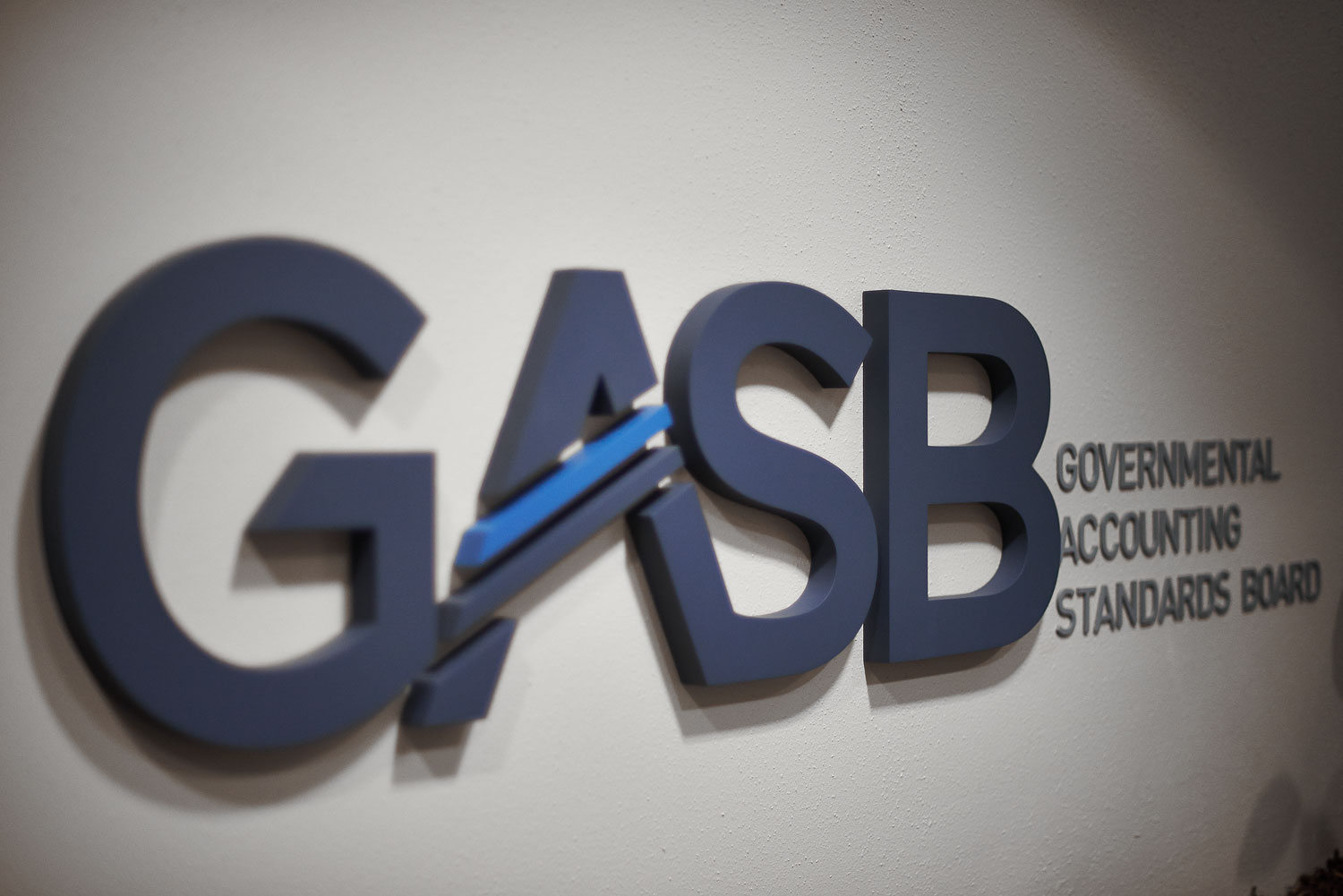The Governmental Accounting Standards Board published accounting and financial reporting guidance on subscription-based information technology arrangements, which have become more common for state and local governments, especially those that rely on cloud computing.
Statement No. 96, Subscription-Based Information Technology Arrangements, is based on standards established earlier by GASB in Statement No. 87, Leases. In Statement 96, GASB defines a subscription-based information technology arrangements, or SBITA, as a contract that conveys control of the right to use a SBITA vendor’s IT software, alone or in combination with tangible capital assets (the underlying IT assets), as specified in the contract for a period of time in an exchange or exchange-like transaction.
The standard also requires state and local governments with SBITAs to recognize a right-to-use subscription asset — an intangible asset — along with a corresponding subscription liability (with an exception for short-term SBITAs, whose maximum possible term lasts only up to 12 months). In addition, the standard offers guidance regarding outlays other than subscription payments, including implementation costs, as well as the requirements for note disclosures related to a SBITA.
Both GASB and its sister organization, the Financial Accounting Standards Board, have promulgated a number of standards for cloud computing in recent years as cloud technology has become more a part of everyday life. While the existing GASB literature already addresses computer software that’s internally developed or commercially purchased through perpetual licensing agreements, GASB’s constituents have raised questions about various aspects of cloud computing and other subscription-based forms of software applications and data storage. The new guidance aims to address some of those inconsistencies in accounting and financial reporting for SBITAs.
Statement No. 96 takes effect for fiscal years starting after June 15, 2022, and all reporting periods after, though GASB is encouraging early application of the standard when possible. To give state and local governments and other constituents more time to deal with the COVID-19 pandemic, the date is one year later than what GASB proposed in its original exposure draft for the standard.